About us
Company
What we believe
Envoys is a team of educators. We design programs directly in collaboration with schools to maximize learning for students. Our programs provide meaningful experiential education for students where they engage in direct and frequent exchanges with local people that build inter-cultural understanding and empathy. Envoys partners with carefully selected experts at home and in our destination countries to ensure the highest-quality education experience on all programs.
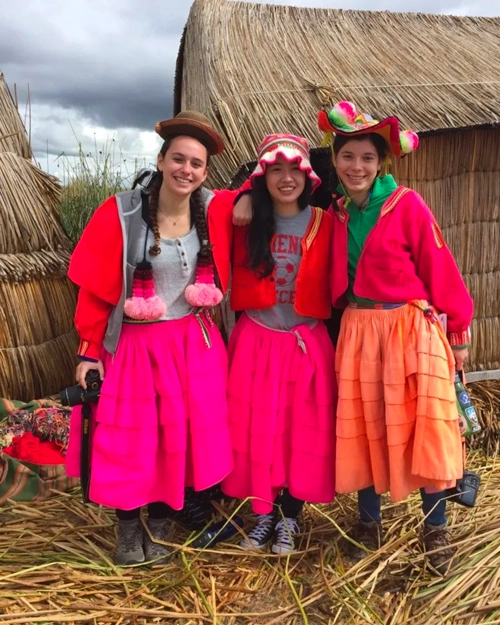
Community
To what extent does this experience uphold dignity, fellowship, and mutuality? Envoys assesses whether our engagements maintain our host community's control over decisions, provide them with tangible benefits, and create meaningful, sustained relationships.
Education
Does the experience have the potential to provide a transformative learning experience for all involved? We work with our school and local partners to ensure that our programs connect to school curriculum and life at home for both parties, that they teach valuable skills and mindsets, and that they promote a deeper and more nuanced understanding of service.
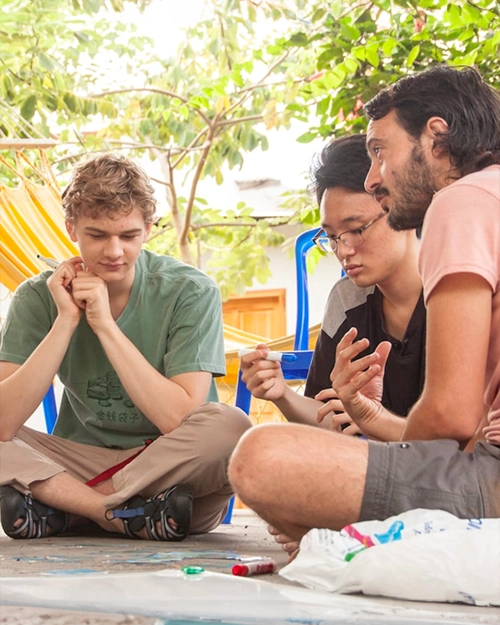
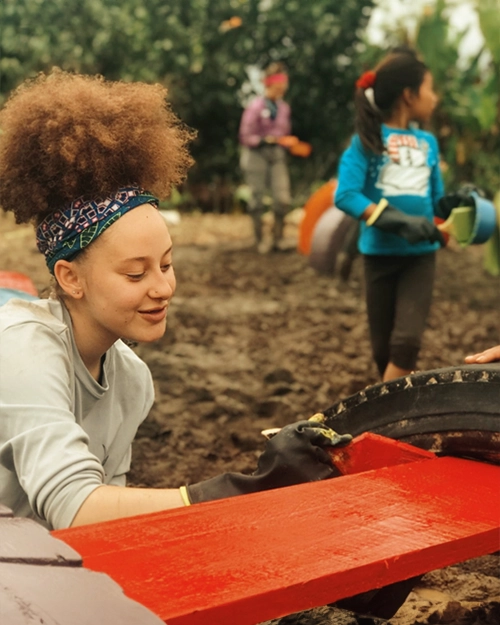
Development
80% of vendors used on our programs are small, locally-owned businesses, and we seek to partner with women-owned businesses and women-led organizations whenever possible. We seek to have a positive and sustainable benefit in the communities we work with, instead of burdening our hosts with our presence. We strive to address issues of equity and social justice, and to build capacity and empower others however possible.
Environment
Our team analyzes and works to mitigate the impact of our programs on the natural world, examining the relative benefits and costs on non-renewable resources and engagement with natural spaces. Our programs, by default, are also balanced in part by the purchase of carbon offsets.
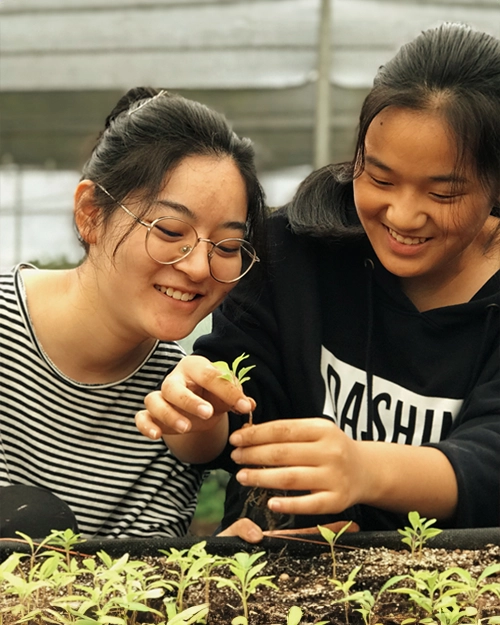
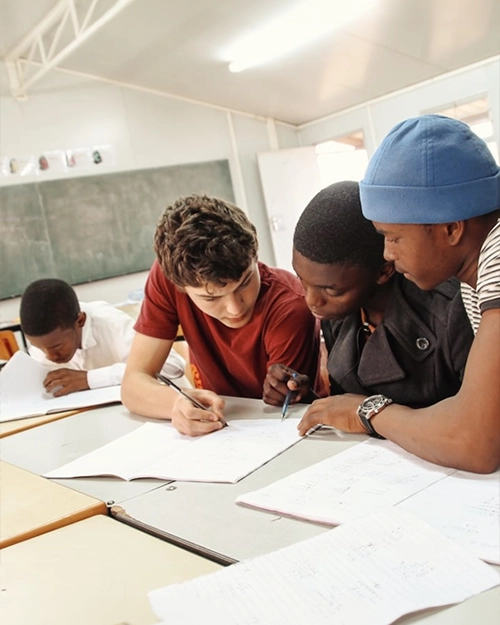
Our perspective on service learning
Our CEDE framework, focusing on communities, education, development, and environment, aims to transform the service learning screening process by releasing tensions and fostering authentic discussions among project stakeholders, emphasizing thoughtful choices and addressing potential ethical issues.
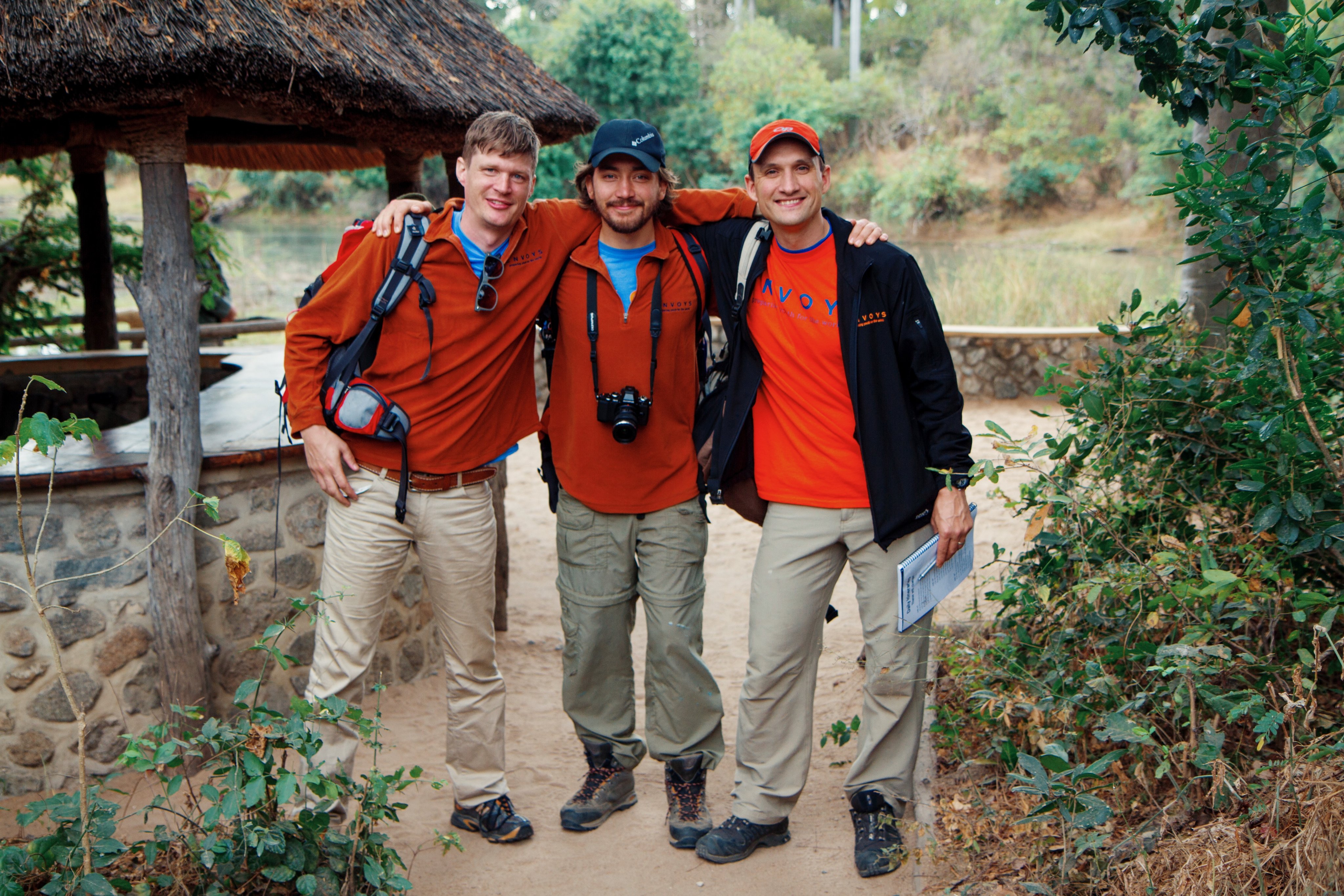
Envoys
We offer custom travel programs and personalized study abroad experiences that allow high school students to immerse in diverse communities and broaden their worldview. We are a gateway to the best transformative learning experiences.
Other services
Virtual Summits
Global education is about what you do, not where you go. Our virtual theme-based, place-based, & language programs, together with our expert speakers, allow students to expand their skills on issues of global significance.
Professional Development
Open registration programs that combine online thematic explorations with local, real-world engagement. We offer Summer Programs, Student Summits, Becoming a Global Leader Asynchronous Course, and GEO Micro-Credential Courses.
Becoming a Global Leader
We offer toolkits and virtual training sessions for educators, with customizable session dates. Expand your knowledge with our EdSuite Consulting Packages and dive into Campire, a free open-source library of virtual teaching resources.

Meet our partners
Together, we are preparing the youth to change the world
